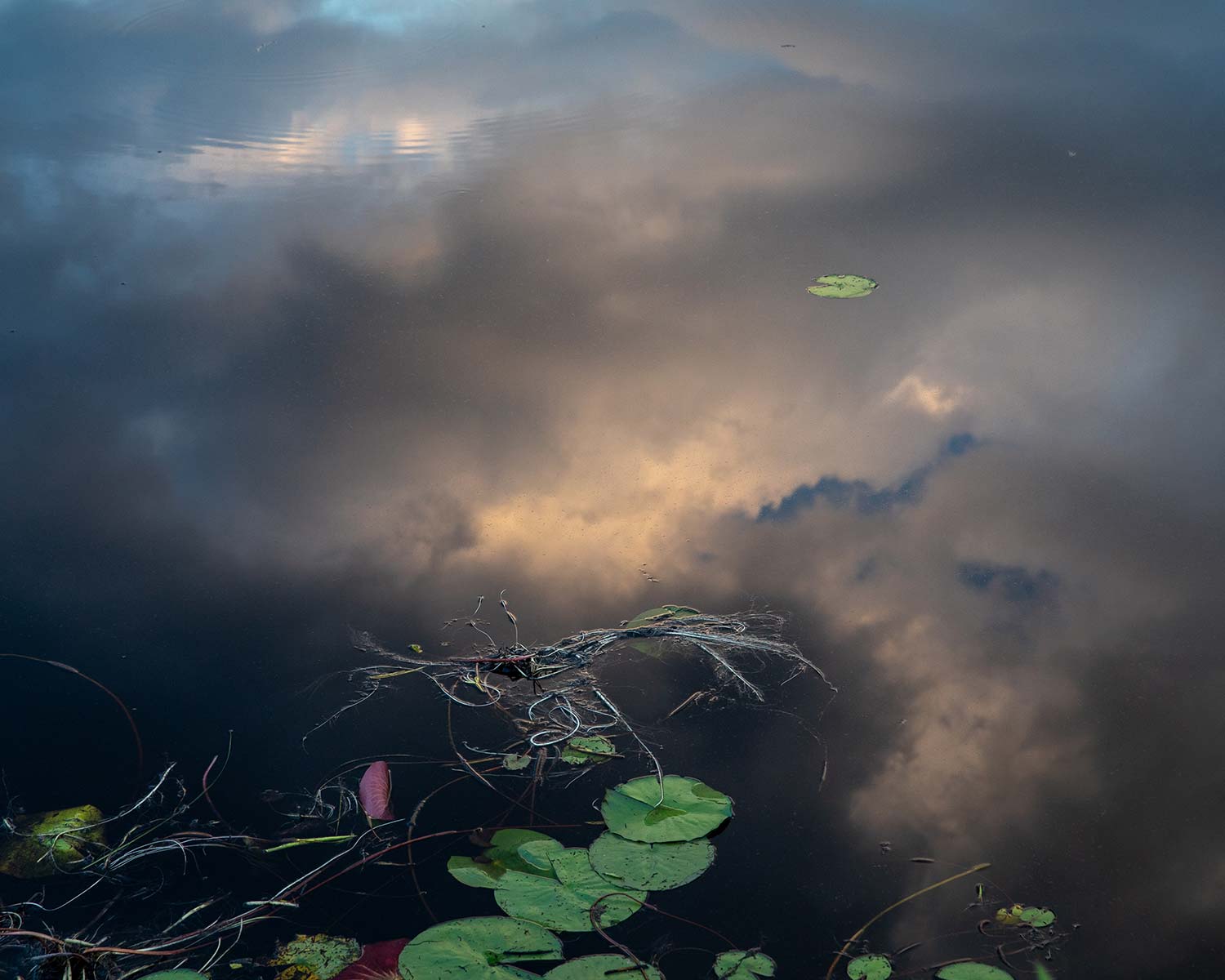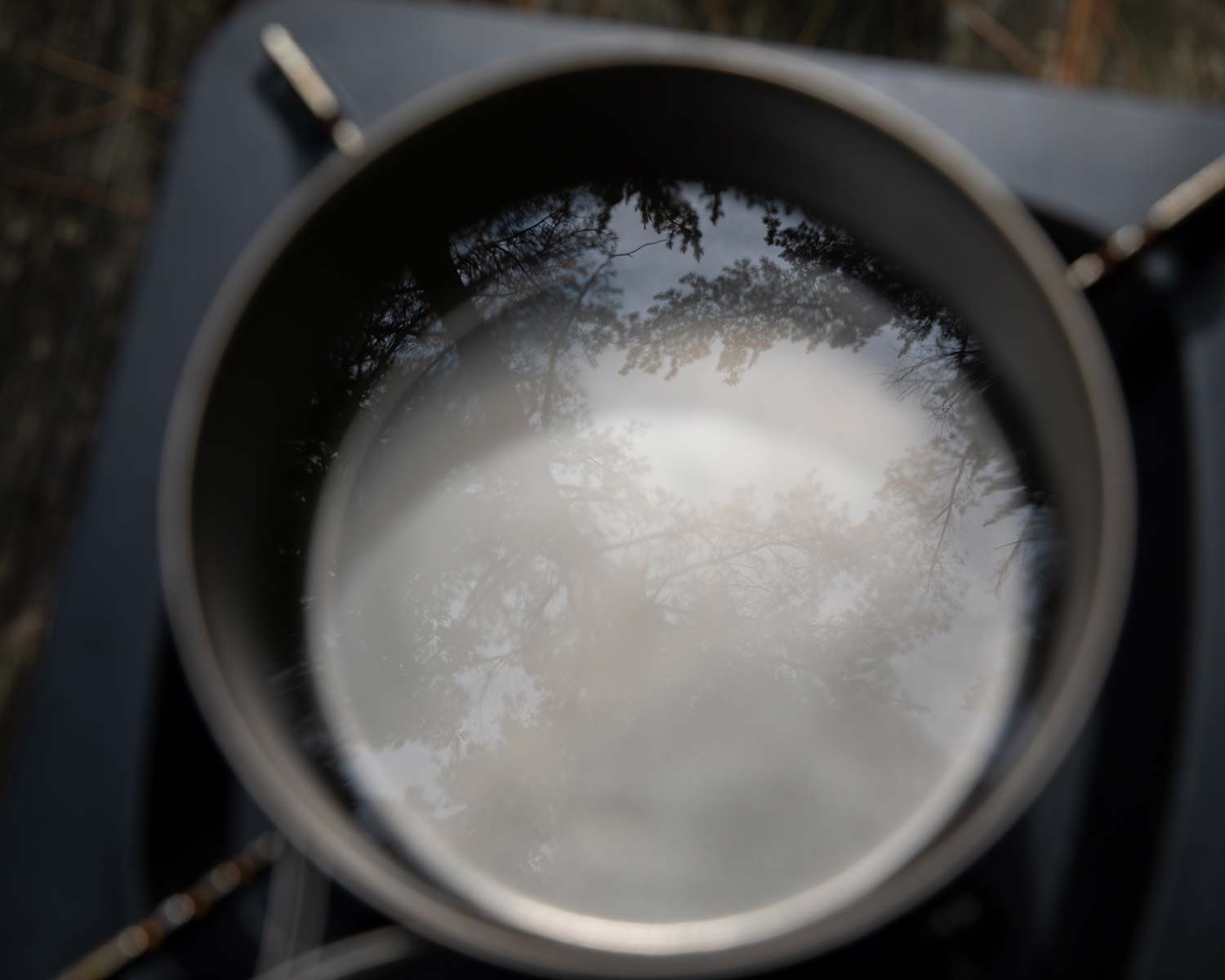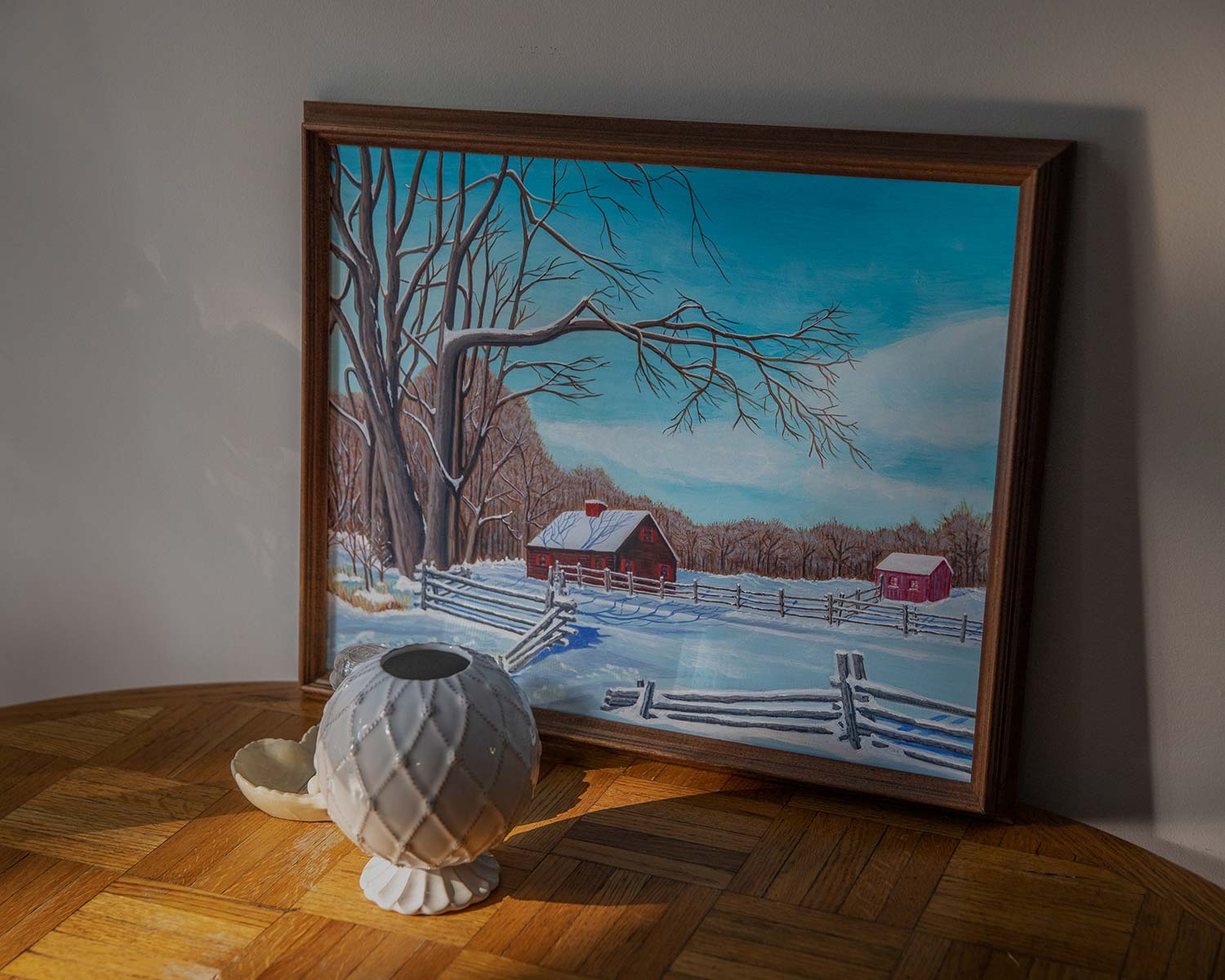Tell us about yourself, how did you become an artist?
I suppose I came at it a little sideways. My father was a physicist among other scientific disciplines. He introduced me to photography through the explanation of how photon particles travel around objects, through the lens, and activate light sensitive particles buried in the film inside the camera. I became fascinated with how I could manipulate light. In my pre-teen years it gave me a sense of purpose. But, it also allowed me to see the world in a very specific way. I've never felt that I saw the world like others, and it allowed me to capture those moments the way I saw things.

What is your background? and how did it inform the focus of your creative exploration or the medium you're currently working with?
Phew! What a question, well let's see. I spent a great deal of my mid-to-late twenties working on various jobs in the movie industry. Both in front of and behind the camera. When you work with so many different types of people and constantly shifting environments on a daily basis, you get to see the breadth of humanity within a small span of time. I became interested in the way in which people function on a fundamental level. Actors channel those personalities into their characters, but people themselves are characters. I became more and more intrigued with understanding how we work.

To that end, when I decided to pursue photography more formally, I had spent a lot of time documenting people within their home environments. I was trying to get at the core of why people are how they are. When the pandemic hit, I was suddenly forced to shift gears entirely, I wasn't able to access people or their private spaces, and I had to find a new way to see the world. But, the pandemic also hit me, it took away my confidence in a way that I hadn't really ever had to face before. But as an artist I understand fundamentally that the most important thing we can do is push forward and keep shooting (or keep making, whatever your craft). It is in the making that our work can sometimes reveal itself to us.
Fortunately for me, it did, and I arrived at my current work, which is in some ways a study of myself. A representation of the images and flashes of visual thought that flow through my mind. Something I never really thought I would be able to share with others.
What ideas interested you in the beginning of your practice, which ideas have you continued to explore, and where have they led you?
I think I used to believe that a true artist would conceptualize their work in their head, make it, and present it to the world. In my early days I was often drawn to the idea of fighting injustices that I saw. I wanted to create these large scale cinematic scenes that spoke to the hypocrisies of the world, to highlight our imperfect nature. My hope was to reveal to others the errors and missed opportunities for growth that seemed so obvious to me. I thought that if people could just see these revelations that they would come to the same conclusions I did, and work to better themselves. The longer I worked at the craft of image making, the more I realized that you can't always force a scene. It's too easy for people to resist the obvious, and that difference of opinion creates a barrier, a wall if you will, to growth. What I did find however, is that revealing more of myself allows others to discover a bit of how I perceive things. In other words, I am able to show, rather than tell. I've learned to let the work reveal itself to me, and in the process also learn a bit about myself.


Who were and are the biggest sources of your inspiration?
I always recoil at this question. There are so many wonderful people and artists out there who inspire me. It's hard to choose just a few. I suppose I should begin with my father. I learned through his mistakes what pitfalls in life to avoid. His naïveté about the goodness of people, or their capacity to fail in that goodness taught me a great deal. It also gave me moral compass and a guide, while my mother probably, who has too big of a heart. The first artist who comes to mind is Jennifer Garza-Cuen. Her astounding capabilities and capacity to both see the world and teach it something, just puts me off kilter. I would be remiss at this juncture in my life, if I were to leave out the incredible faculty at RIT (Rochester Institute of Technology) where I am just about to complete my graduate studies. The wealth of both resource and knowledge are incredible. Of note, I admire Gregory Halpern who somehow balances his time at the school while also creating these monumental images. And, Ahndraya Parlato who has this incredible vision. She can just see images in a way that I hope someday I can come close to mastering.
Where do you find inspiration?
I suppose I would say that I find inspiration through modes of travel. Whether it be through walking, or driving, it can be hard to notice the nuance of what is right in front of us. Sometimes it helps to change positions, to find a new perspective we have to see more of the world than just our own back yard.

Is there are a single work, project, or series that is pivotal in your current trajectory?
Yes, currently that would be the work that I am making toward my graduate thesis which is entitled "Epilogue to Resonance".
How did it begin? and how did it evolve?
As I mentioned earlier, the current pandemic forced me to pivot from the work I was making. In a way it was a blessing, it allowed me to look inward at myself. The self reflection brought out a new kind of emotive work that I hadn't considered making before. I was honestly terrified at the notion that the air itself could somehow make me sick, and it was a process of facing that fear and tackling it as if I were discovering the world all over again. Baby steps at first, venturing out into my own back yard, discovering the world again, looking and observing while being more present with my own inner feelings and reactions to what I was encountering visually.
What were important lessons in the process that you’ve carried forward with you?
There's this idea in poetry that you cannot force the words, you have to start with an idea, but let the story take you where it wants to go. If you try and force it in a direction, the poem won't flow. I feel like that's the greatest lesson for all artists, let the work reveal itself to you, and be open to change, there is beauty in discovery.
What are you working on now?
The positive side of having to shift gears in the middle of my graduate studies is that I have an entire other body of work that I can return to once the pandemic has subsided. By all accounts that will most likely align with the completion of my thesis work at RIT. Right now I am still working toward that thesis and continuing to refine it. But, that previous work is still valid, and I'd like to return to that in the coming summer. I feel that this next body of work will tap into the growth I've made as an image maker during this crisis and I will be able to observe with fresh eyes and a more refined perspective.
If you could go back in time to the very beginning of your art practice and give your younger self a single piece of advice what would it be?
The piece of advice I'd like to give, not only to myself, but the readers as well, is to listen more. Listen not only to those like yourself, but those who come from differing perspectives and experiences. The thoughts and perspectives of others hold more validity than we often allow for. By permitting ourselves to be open to hearing, truly hearing one another, we make room for greater growth and a better world.
About the Artist
Based in Rochester, New York
Robert Stone is an American photographer and visual artist, born and raised in Bridgeport, Connecticut. He studied at the Hartford Art School receiving a B.F.A. in Photography, and a minor in Art History. A former Launchpad Member at the Five Points Center for the Visual Arts, he is currently an M.F.A. candidate in Photography and Related Media at the Rochester Institute of Technology, in Rochester, New York.
His work deals with themes of memory, emotional trauma, domestic spaces, the veiled surface of the American psyche, and the tensions tied to our abridged life.




